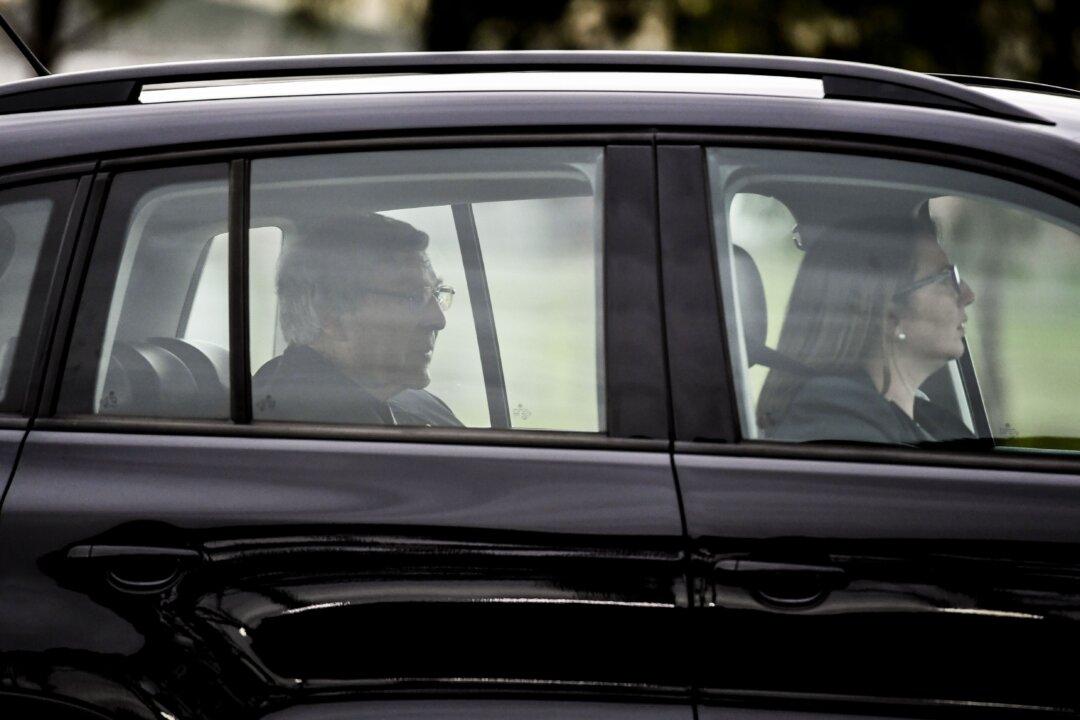Commentary
The April 7 acquittal on appeal by the highest court in Australia of George Cardinal Pell on his conviction for “historic sexual abuse’” is a welcome development in every respect.

The April 7 acquittal on appeal by the highest court in Australia of George Cardinal Pell on his conviction for “historic sexual abuse’” is a welcome development in every respect.